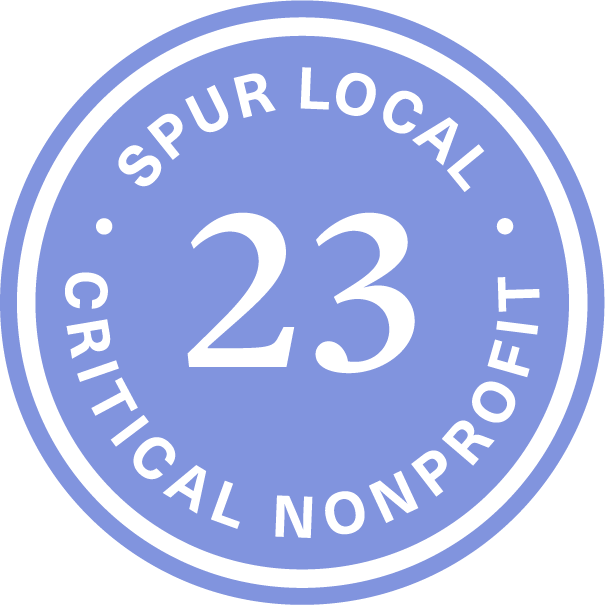The Hill recently featured a blog written by DASH’s Executive Director, Peg Hacskaylo, where she discussed the critical role “cash” plays in the lives of domestic violence survivors.
As the title of the blog states, “Cash is still king when it comes to keeping domestic violence survivors in their homes.” Survivors often find themselves facing financial hardships after their abuser is long gone as they work to recover from the financial abuse. As she highlights throughout her blog, even when survivors are able to remove their abuser from their lease, survivors are left with the responsibility of paying rent and any back pay due to the abuse.
Where do survivors turn to for help?
There are well known welfare programs like TANF that survivors can apply for financial assistance, but as DASH’S ED states, “many states choose not to continue providing cash assistance at the same level to poor families.”
This is where DASH’s ED stresses the importance of flexible funding programs so survivors can maintain their homes with their families. Flexible funding programs enable organizations to provide urgent cash assistance to those in need in areas they feel they need it (new tires, changing locks, daycare, etc.). An area of need that may seem unconnected to homelessness, i.e. new tires, is in fact, very much connected. For example, if a survivor was not able to drive their car to work because it needed new tires, but was not financially able to buy new tires, getting to work for the survivor would become extremely difficult. In the worst case scenario, losing their employment would become a reality. Now, their only source of income is gone. Flexible funding programs like DASH’s recently piloted Survivor Resilience Fund provide assistance in these gray areas.
DASH’s Survivor Resilience Fund (SRF), an innovative flexible funding program, was recently evaluated by researchers Dr. Cris Sullivan and Ms. Heather Bomsta from Michigan State University’s Consortium on Gender-based Violence. It was found that support through the SRF, “increased housing stability for 94 percent of the survivors that participated in the study.” The data from this study showed that flexible funding does in fact help survivors avoid homelessness.
“A one-time payment of as little as $200 to a family in need can be life-changing…”
If $200 is able to give a fresh start and a new beginning to survivors and their families, flexible funding should be considered and used as a tool to help survivors of domestic violence.
To read Peg Hacskylo’s full blog, click here: http://thehill.com/blogs/congress-blog/healthcare/300629-cash-is-still-king-when-it-comes-to-keeping-domestic-violence




